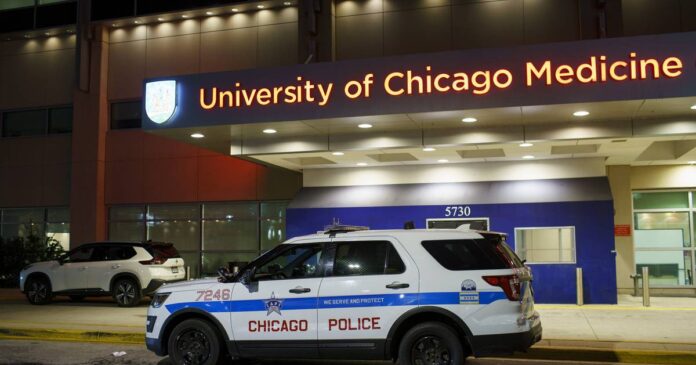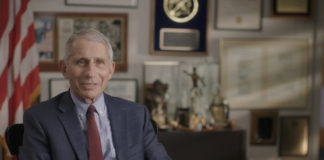:quality(70)/cloudfront-us-east-1.images.arcpublishing.com/tronc/WAYPSRTUXJHJNMXK7S5DGMREAI.jpg)
I have dedicated my life to violence prevention in Chicago, and I am deeply distressed to see violence sensationalized and exploited by politicians in ads designed to drive voters’ fears. These tired tropes about Chicago are not only insulting to the people who live in our city but also counterproductive to the essential goals of holistic, community-based and trauma-informed approaches to curbing gun violence.
Our mainstream discourse around violence is increasingly divorced from commonsense policy solutions that we know can make an impact in our communities — policies that appropriately reckon with the history of structural racism, address the misalignment of resources to hardest-hit communities and imagine a better future for every city resident regardless of their ZIP code. The discourse on violence is not only divorced from policy, but it is also aimed at divorcing the people it impacts most from their own humanity.
Advertisement
The Violence Recovery Program exists because leaders at our hospital realized that the care needed for survivors of gun violence and their families far exceeds the time we have to treat their physical wounds in an emergency room. The Violence Recovery Program model includes 24/7 violence recovery specialists in the ER, spiritual care, social workers and child life specialists. Through this multidisciplinary approach, we can establish trusting relationships and connections to outpatient resources in a way that recognizes survivors’ trauma and helps them navigate challenges they might face after hospital discharge — from mental health resources to financial assistance.
Advertisement
When I meet with elected officials to discuss my work — like I will do on Wednesday in a field hearing led by U.S. Rep. Robin Kelly — I candidly describe the survivors we discharge from acute care as “walking wounded.” And while “walking wounded” often describes their physical state, it almost always describes their spiritual and emotional state — not only from interpersonal violence but also from the structural violence connected to generations of divestment in South Side communities.
We are using health care delivery as an entry point into a much larger conversation on, and correction to, systemic divestment from communities on the South Side. When a hospital or clinic pulls out of a community, it’s emblematic of other lifelines being pulled from those same communities, whether it’s public housing, public schools, grocery stores or employers.
This is where we return to making the “social determinants of health” conversation concrete for people to understand. We will have healthier communities in the very literal sense if we can connect those communities to the financial and social safety net resources they deserve. That’s why U. of C. Medicine is collaborating with Metropolitan Family Services’ Metropolitan Peace Initiatives and Advocate Health Care to facilitate a comprehensive and coordinated public health approach to violence prevention on the South Side.
Over the past 12 months, the Violence Recovery Program has joined coordination meetings between violence reduction street outreach organizations and law enforcement, two groups on the front lines of responding to the violence. I am inspired by hearing law enforcement praise street outreach strategies and street outreach organizers uplift approaches that treat residents with respect and dignity. These listening sessions require us to be transparent about our understanding of the traditionally fraught relationship between an overly punitive, broken criminal justice system and communities targeted by that system.
It also requires that recognition that violence intervention should be led by those that possess beneficial relationships with the community and have an understanding of the best strategies to intervene in and prevent violence. Most important, these sessions require us to listen instead of lecture, so people with the power to effect change can respond instead of blame. Coordination and collaboration make for effective violence prevention.
This difficult work is still underway, and there’s still so much room for us to improve the quality of life for South Side residents. And that work is made even more challenging by politicians who carelessly denigrate our city and our people for quick political points.
As we hurtle toward the general election this November and Chicago municipal elections in 2023, we should demand a better conversation, and we should ask for collaborative solutions from the people who can join us in not only saving lives but also helping to make our whole city a place where every resident can thrive.
Advertisement
That’s a lofty goal. Starting on the journey to achieving it is universal acknowledgment that the goal is worthwhile.
Franklin Cosey-Gay is director of the Violence Recovery Program that is part of the Urban Health Initiative at University of Chicago Medicine.
Submit a letter, of no more than 400 words, to the editor here or email letters@chicagotribune.com.








